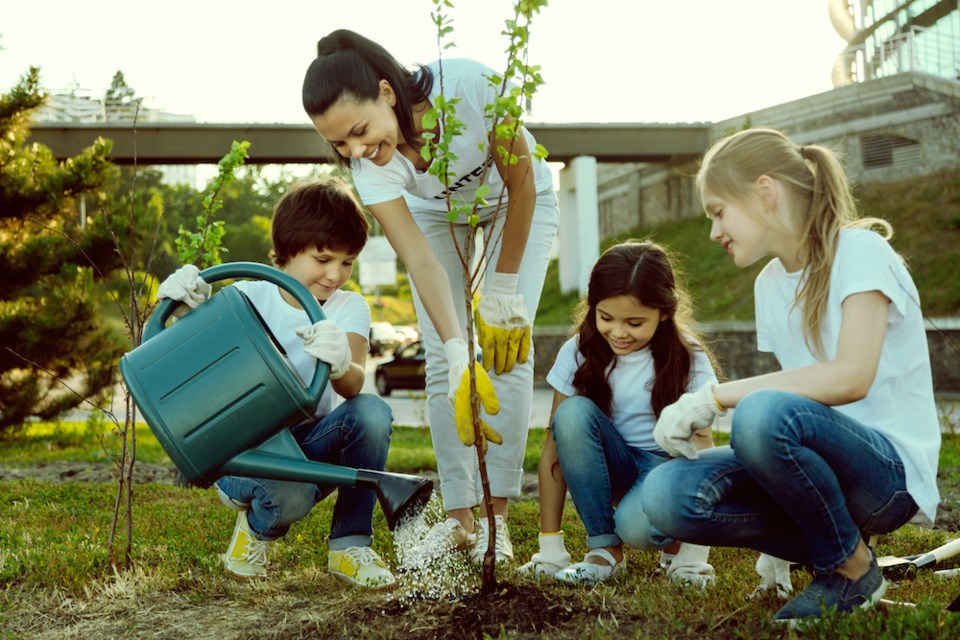As part of an ongoing effort to grow Vancouver's urban forest, the Park Board is giving away free trees to people living in canopy-deficient areas.
As of today 9Feb. 13), residents of the Sunset and Victoria-Fraserview neighbourhoods can register to receive one of 250 available trees to plant on their property.
The selection of plums, figs, spruce, lilac, and ginkgo trees are all in their first three to four years of life and average three to five feet tall. They are considered to be resilient and adaptable species that grow well in Vancouver’s soil and will grow to provide a much-needed canopy in a few years.
Interested residents will need to complete a questionnaire to determine their eligibility. If selected, the trees will be delivered in a five-gallon pot in March, ready to be taken out and planted.
Park Board staff will help residents choose the ideal spot and offer advice on how to best support trees as they grow.
“Today's changing climate has created an increasingly challenging environment for people and trees in Vancouver," says Joe McLeod, Manager of Urban Forestry, in a recent press release. "Planting and caring for trees on their property is one of the most important things a person can do to help support their community and environment through weather extremes; bringing shade in the summer and providing wind-breaks in winter."
He calls the Branch Out program "a unique opportunity for the community to join us on the journey to increase essential forest canopy and support climate resilience in the city."
Vancouverites looking to take part need to own the property or secure permission from their landlord to plant the tree and be prepared to water, trim, and mulch the tree as it matures.
Increasing canopy coverage is a goal of the Urban Forestry Strategy and the new ‘Branch Out’ pilot program which focuses on equity in the lowest canopy neighbourhoods. Combined with annual tree planting and replacing aging trees on city boulevards, the Urban Forestry team is working to expand urban canopy cover in the city from 23 per cent to 30 per cent by 2050.



